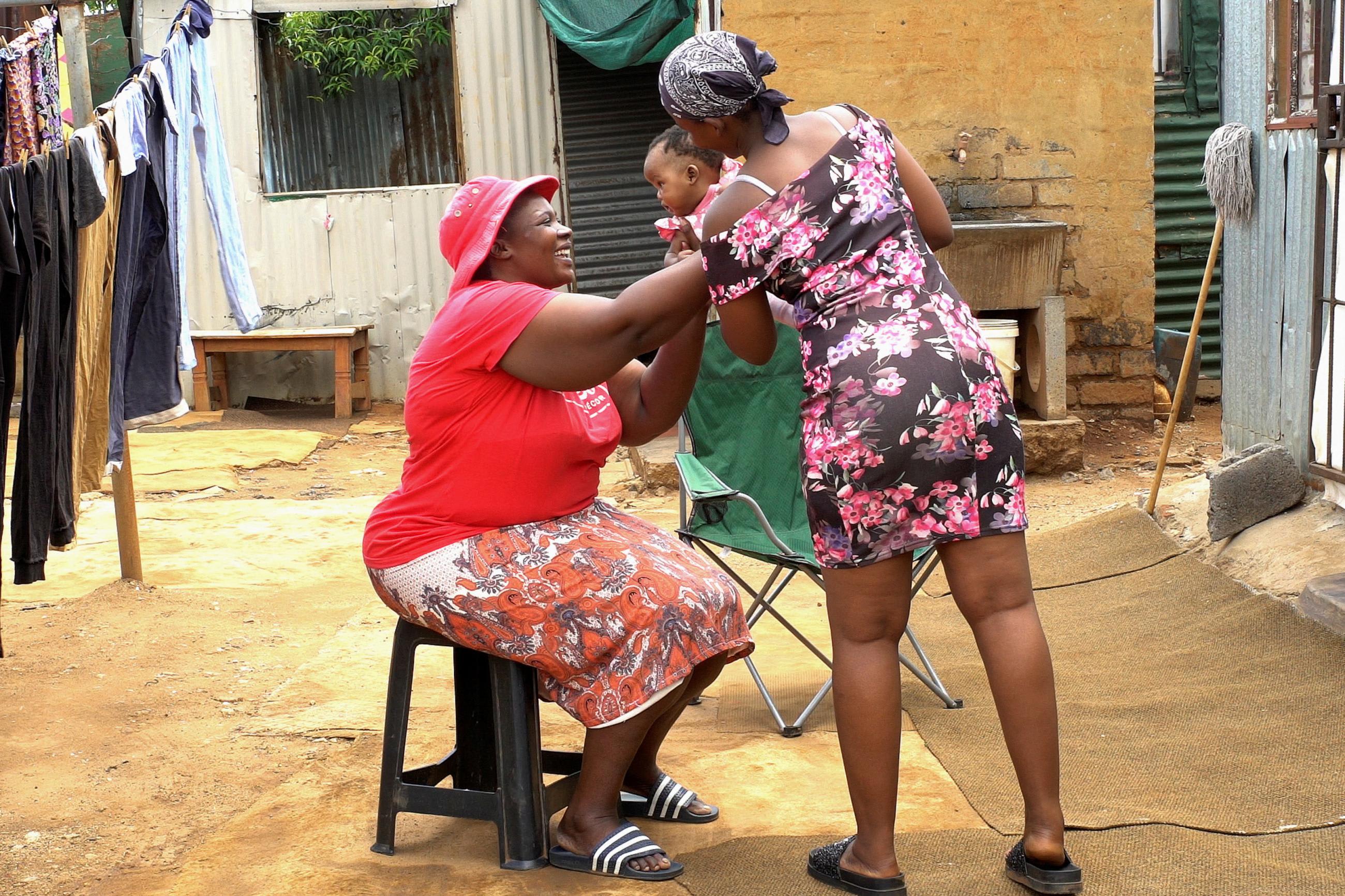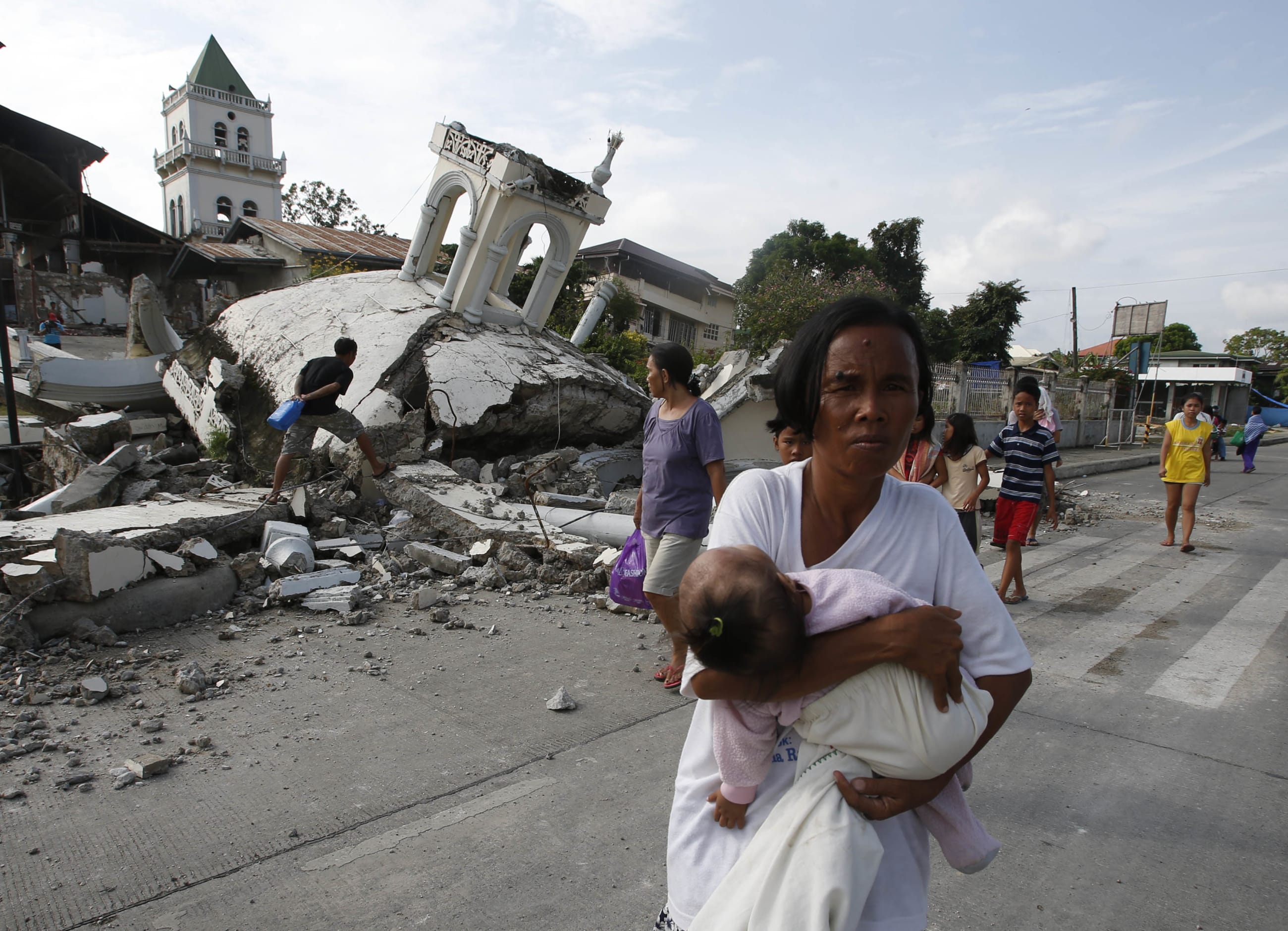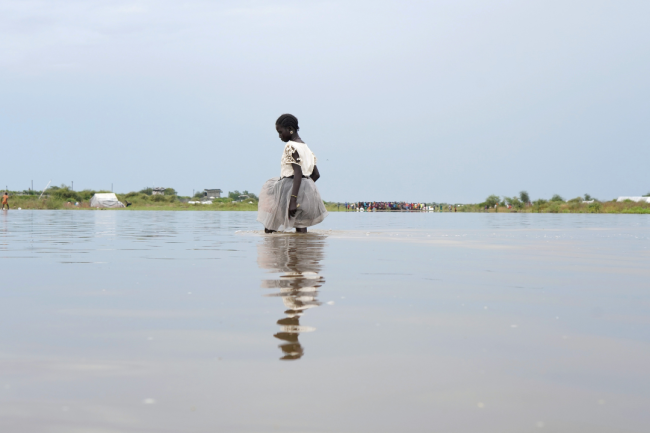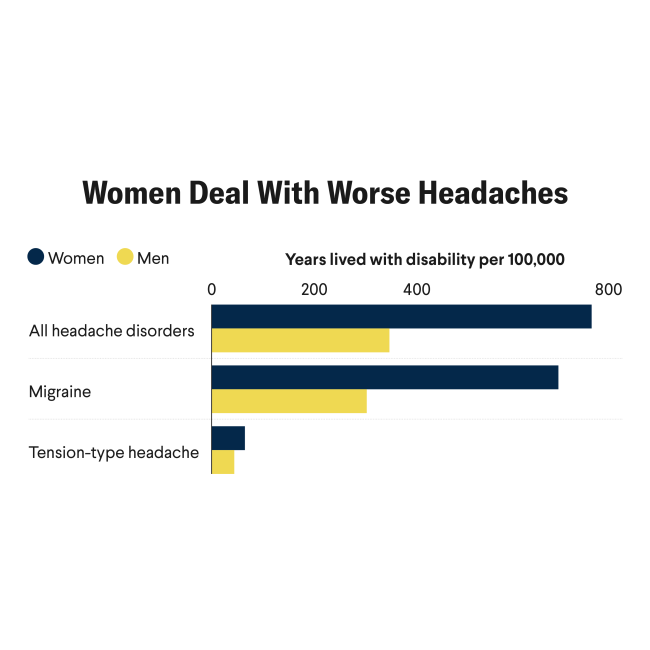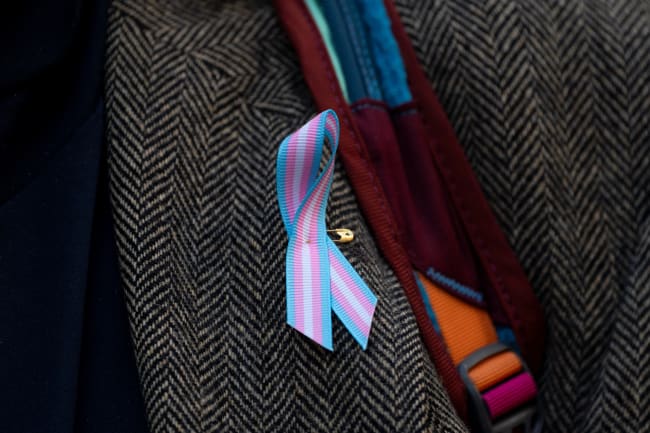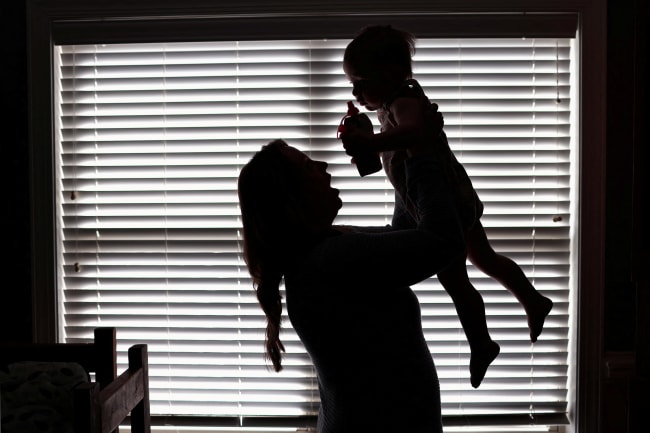Like many passionate global health professionals, I am proud of the important work we do issuing guidelines, supporting research, and implementing programs to improve sexual and reproductive health and rights.
Early in my career, I lived in Nepal and was privileged to work directly with traditional birth attendants to understand local practices and customs surrounding birth and labor complications and how to prevent harmful outcomes. In India, the Philippines, and Tanzania, I conducted interviews with mothers to identify causes of death and illness among the newborn babies in the hopes of preventing such deaths in the future. In my work with the U.S. Agency for International Development (USAID), I designed and supported programs to ensure family planning services and programs were accessible to all. Now, in my current role at the World Health Organization, I am witnessing firsthand how global health guidelines and research agendas are developed, shared, and applied to affect lives around the world.
I am deeply committed to improving sexual and reproductive health from a technical and humanitarian standpoint, having studied and worked in this field during my nearly twenty years in public health. Until a few years ago, however, those issues were always a bit removed from my personal life. Aside from my occasional experience with birth control, I did not have personal experience in some of the challenges I encountered through my work related to sexual and reproductive health. I was not a young mother delivering in a resource poor setting; I never experienced stockouts of contraceptive methods or disrespectful care; and I always had enough money to cover my health-care expenses. It was as if I were in a lab, watching and advising on events happening to others from behind the safety of a glass window.
It was as if I were in a lab, watching and advising on events happening to others from behind the safety of a glass window.
In 2018, the glass unexpectedly shattered. I was suddenly subject to the anxieties, pains, and fears to which I had previously been an observer.
My experiences began with an ectopic pregnancy. Discovered much too late, my fallopian tube was on the brink of rupture and needed to be removed by emergency surgery. This not only resulted in the heartbreaking loss of my pregnancy, but the removal of my fallopian tube was also physically terrifying and mentally defeating. At close to forty years old, I saw the prospect of a natural pregnancy as even more distant, if not impossible.
Later that year was another, more devastating, experience. When I raised concerns about a subsequent pregnancy, I was repeatedly brushed aside by doctors and told that my discomfort and pain were not serious. The care was not only disrespectful but also deadly. Four hours after first checking into the hospital, I was finally seen, only to be told that it had no maternity facility. I was referred to another hospital. By the time I arrived there, I was in excruciating pain. Upon examination, I was told that they could detect no heartbeat and that the baby would need to be delivered immediately. That Christmas Day, I delivered a stillborn baby, a traumatic loss that haunts me to this day. This was followed by years of additional pregnancy losses; infertility struggles; and the emotional load of managing the stress, stigma, and pressure that came with limited access to mental health or support services. Successful in-vitro fertilization after several attempts ultimately led to a miraculous pregnancy, but further challenges still lay ahead. Major pregnancy complications threatened my life and the viability of the pregnancy, resulting in several hospitalizations. Severe postpartum pre-eclampsia put my own life at risk and kept me in intensive care for days after delivery. Thankfully, I was ultimately blessed with a healthy baby and my health slowly recovered.
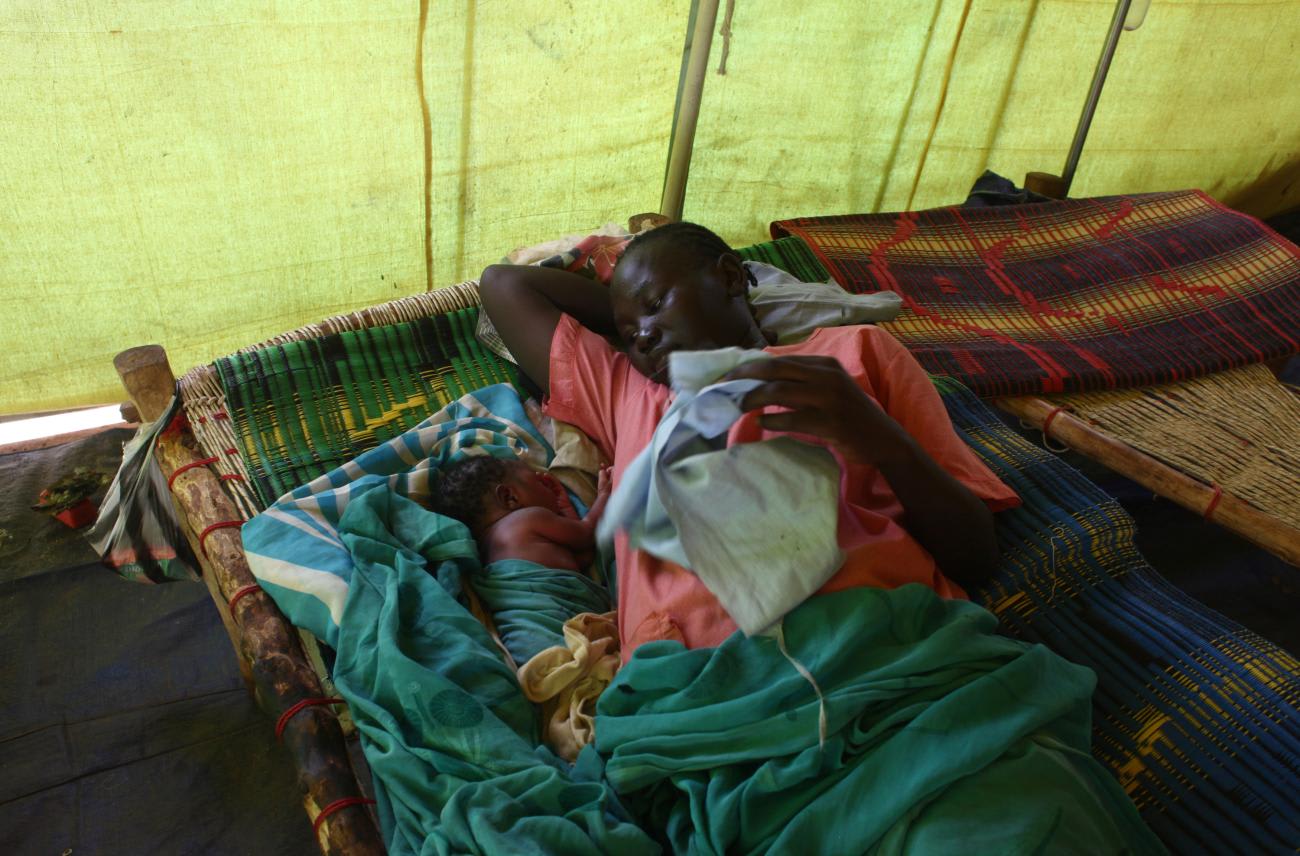
In undergoing this series of reproductive health challenges, I began to realize that the work I was doing was not only technical, but also personal. I was living it.
In science, we prize objectivity and the need to remove ourselves from any bias. This is important, even vital, to much of our work in global public health. Over the past several years, however, I have also come to believe that, while staying true to science, we can also use our personal experience to fuel and strengthen our work.
Personal lived experience brings passion, empathy, and commitment to the technical work. Personal stories also allow us to find common ground in shared human experiences, bridging gaps and finding commonalities that can strengthen meaningful connection and collaboration. These are qualities that should never be restrained or compromised. I believe that we as public health practitioners can promote and integrate personal experiences to enrich and strengthen our technical work in at least three ways.
First, own it and (if comfortable) share it. Personal lived experience is important to acknowledge and share. We might feel as if we are alone in our experiences but that is rarely the case. Sharing our challenges in an honest and open way can motivate others to do the same and bring a richness and "raw credibility" to the work we do. I have lived the trauma of a stillbirth—an experience I now share with mothers of the nearly two million babies who are stillborn every year. I am one of the one in six women around the world who have struggled with infertility. I have experienced disrespectful care and the mental health toll of multiple pregnancy losses with limited support, as many women globally have. I know I am not the only one but the fear of being public about my experiences is daunting. By sharing my story, I hope I can help other women feel comfortable knowing that they are not alone in their struggles.
Second, use it to challenge yourself—and your work. Often our lived experience can help provide clarity on issues we may have been blind to in the past. Why is family planning only about contraception? Why doesn't it address infertility and the challenges with pregnancy? Why are other sexual and reproductive health issues that are a struggle for so many women like endometriosis, which affects 10 percent of women worldwide, so understudied and ignored? What about irregular and painful menses, ectopic pregnancies, sexual desire, and menopause? These topics have been ignored for decades in the global sexual and reproductive health field and are only recently being raised in some research programs. Challenging ourselves and our organizations to be truly inclusive about the issues we address can strengthen our work and the way our entire field is perceived. Our work, after all, is affecting the holistic lives of people, not just addressing the needs of clients, patients, or beneficiaries.
Third, acknowledge and embrace it. Over the years, diversity, equity, and inclusion have finally received more attention across the global development field. As part of this discourse, let's also recognize the value of personal lived experience and acknowledge that those who have personal experience with the technical work have as much expertise to contribute as those with degrees and publications about the technical work. I recognize that personal lived experience may not fully replace academic or field-based qualifications. I believe that those without personal experience can fully appreciate and contribute to their work in a deeply meaningful and important way. But I also truly believe that lived experience can enhance the perspectives we bring to our work and should be encouraged, welcomed, and embraced.
In the end, living the technical work for me has meant being a better advocate, scientist, leader, and compassionate colleague. I am committed to ensuring that stories of personal lived experiences, whether my own or others, are recognized in the work I support in sexual and reproductive health and rights.
